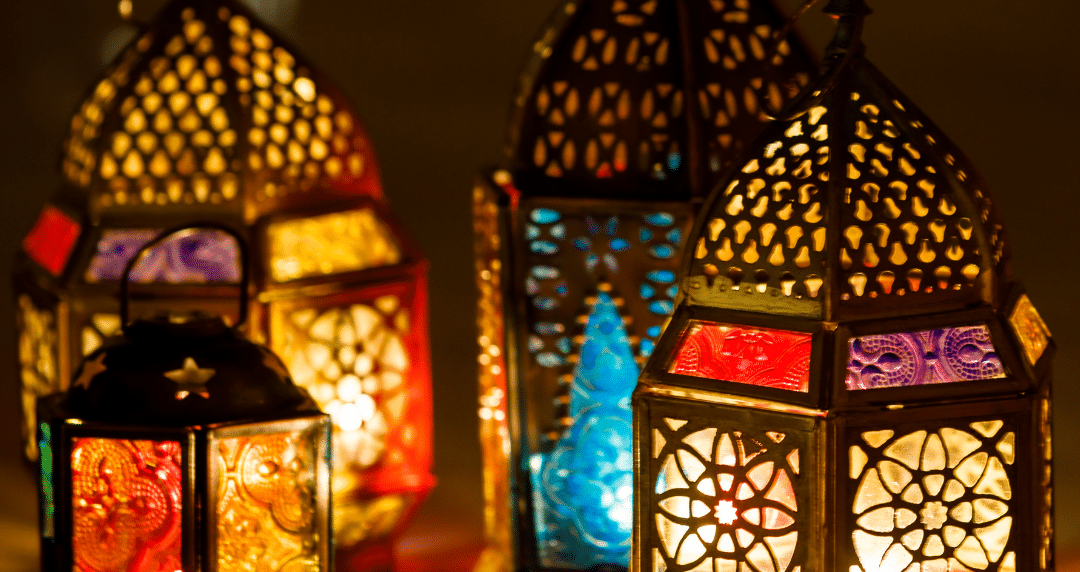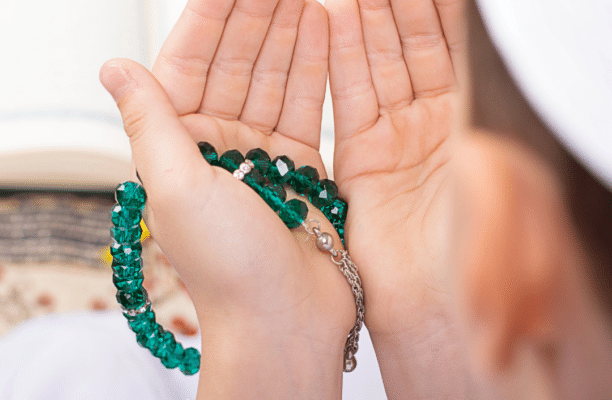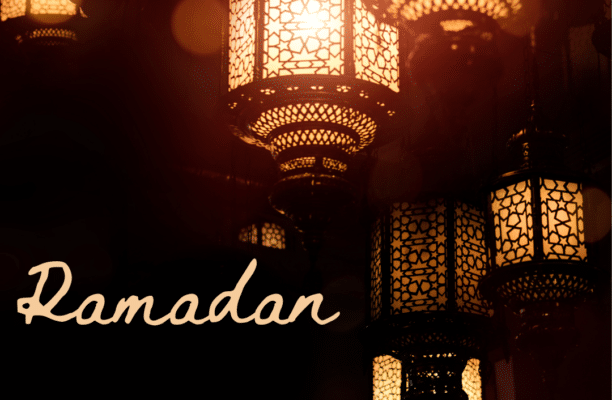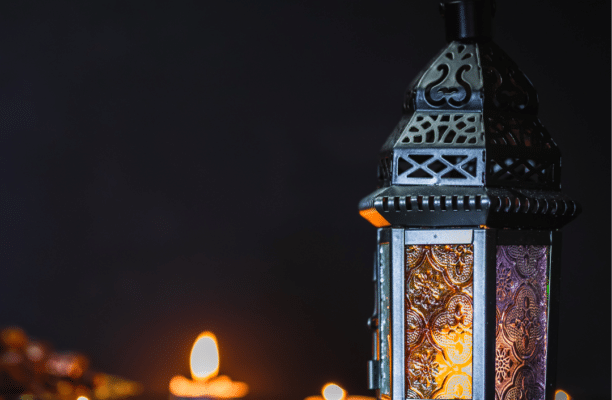Are you wondering about when can you eat during Ramadan? It’s a common question for those observing the holy month of Ramadan. Ramadan, the ninth month of the Islamic calendar is a time of spiritual reflection and self-discipline for Muslims around the world. Fasting from dawn to sunset is a key aspect of Ramadan, but when can you eat? Let’s explore the details and considerations for meal times during this significant period.
Intriguingly, did you know that Ramadan is the ninth month of the Islamic lunar calendar and that it’s one of the holiest months and holds great importance in Islam? This month-long observance involves not only fasting but also increased prayers, charitable acts, and an overall focus on self-improvement. As you navigate through the customs and traditions of Ramadan, understanding the timing of meals is essential.
During Ramadan, the daily fast begins at dawn, before the first light of daybreak, and concludes at sunset, marked by the call to evening prayer. Understanding the nuances of when to eat during Ramadan is crucial for observing the fast authentically and respectfully. Let’s delve into the specific guidelines and practices that govern meal times during this sacred time.
As you embark on this journey of discovery, gaining clarity on the timing of meals during Ramadan will allow you to partake in the observance with a deeper understanding and appreciation. Let’s navigate the intricacies together and shed light on the significance of meal times during this spiritually enriching period.

Understanding Ramadan Fasting
Ramadan is a holy month observed by Muslims worldwide, marked by introspection, prayer, and fasting from dawn until sunset. The fasting during Ramadan is one of the Five Pillars of Islam and holds great spiritual significance. Understanding the traditions and rituals associated with Ramadan fasting can offer insight into the depth of devotion and discipline practiced during this sacred time.
Pre-Dawn Meal (Suhoor)
Before the break of dawn, Muslims partake in a meal known as Suhoor/morning meal. This pre-fast meal is a crucial part of observing the fast during Ramadan. It is not only about nourishment but also about fortifying the body for the day ahead. Suhoor serves as a symbol of dedication to the fast, ensuring that individuals have the strength and sustenance to endure the fasting period without consuming food or drink until sunset. Additionally, sharing the Suhoor meal with family and loved ones fosters a sense of community and unity, reinforcing the spiritual bonds that Ramadan emphasizes.

Sunset Meal (Iftar)
As the sun sets, the call to prayer signals the end of the day’s fast, and Muslims gather around the iftar table to break their fast with a meal called Iftar. This communal gathering brings people together in a joyous celebration to share food and gratitude. The breaking of the fast usually starts with eating dates and water, as per the tradition of Prophet Mohammed peace be upon him, which signifies the importance of moderation and simplicity. But that’s not it, breaking the fast with water and dates is the best way to break the fast to introduce the body, and specifically the digestive system back to food after the long hours of fasting.
Iftar in muslim communities embodies the spirit of generosity as families often open their doors to neighbors and strangers, inviting them to partake in the evening meal. This tradition fosters a sense of compassion, generosity, and empathy, promoting a deeper connection within the community.
During Ramadan, fasting is not just an act of refraining from physical indulgence but also a means of achieving spiritual growth, self-discipline, and empathy for the less fortunate. It is a time for self-reflection, renewal of faith, and acts of charity. Understanding the significance of these traditional practices can offer a deeper appreciation for the values that Ramadan represents.
Fasting Practices During Ramadan
As the holiest month in Islam, Ramadan involves strict fasting from dawn till sunset. However, there are exceptional circumstances that allow certain individuals to be exempt from fasting.
Exemptions from Fasting
People with a medical condition, who are experiencing an illness, pregnant women, women breastfeeding, in menstruation, or people traveling long distances, are exempt from fasting during Ramadan. It’s essential to make up for the missed fasting days though, later or provide food to the needy if the exemption is permanent.
Fasting Hours Variation
The duration of fasting varies based on geographical location. In regions closer to the poles, where days are longer, the fasting hours extend, impacting the timing of meals. Conversely, in regions near the equator, fasting hours are relatively shorter, and meal timings differ accordingly.
During Ramadan, it’s essential to understand the exemptions from fasting and consider the variation in fasting hours to ensure a fulfilling and spiritually enriching experience.
Remember, it’s crucial to observe these practices with diligence. You can find more information on the Official Website of Dar Al-Ifta.
Healthy Eating Tips During Ramadan
Fasting during Ramadan provides a unique opportunity to focus on spiritual growth and self-discipline. However, ensuring proper nutrition and hydration is essential to support your overall well-being during this period.

Nutritious Suhoor and Iftar Meals
For suhoor (pre-dawn meal), it’s important to consume foods that release energy slowly throughout the day. Opt for complex carbohydrates such as whole grains bread, oats, and barley to keep you feeling full and energized. Including protein-rich food like eggs, yogurt, or lean meat can help maintain muscle mass and promote satiety.
At iftar (evening meal to break the fast), prioritize hydrating foods like water-rich fruits, fruit juices, and vegetables. It is essential as well drink plenty of water.
Incorporate a balanced mix of protein, a lot of fibre, healthy fats (dairy products and halal meats), and complex carbs to replenish energy levels. Grilled skinless chicken or fish with a side of quinoa and a variety of colorful veggies can make a satisfying and nutritious iftar meal.
Hydration Importance
Staying hydrated is crucial during the fasting hours. Drink plenty of fluids such as much water as you can, herbal teas, and hydrating fruits like watermelon and cucumbers. Avoid caffeine and sugary beverages as they can lead to dehydration.
To ensure adequate hydration, aim to consume at least 8-10 glasses of water from iftar to suhoor. Also, consider consuming fluid-rich food such as soups, stews, and fruits with high water content to supplement your fluid intake.
Remember, maintaining a balanced diet and adequate hydration is key to feeling your best during Ramadan. By making mindful food choices, you can support your physical well-being while honoring the spiritual significance of this holy month.
Cultural and Social Aspects of Ramadan Meals
Ramadan is more than just a time for fasting; it is a time for coming together as a community and strengthening family bonds over shared meals. Let’s dive into the cultural and social aspects of Ramadan meals, exploring the community iftars and charitable giving, as well as the importance of family bonding and traditional cuisine.

Community Iftars and Charitable Giving
During Ramadan, community iftars are a central part of the celebrations. These are large gatherings where people come together to break their fast at sunset, emphasizing unity and togetherness. The act of sharing a meal with others fosters a sense of belonging and solidarity within the community.
Charitable giving, or zakat, is also a significant aspect of Ramadan. It is considered a time to be generous and help those in need. Many individuals and organizations organize food drives, distribute meals to the less fortunate, and contribute to various charitable causes during this holy month.
To delve deeper into the communal spirit of Ramadan, you can learn about the various iftar events organized by local mosques and community centers, as well as the charitable initiatives aimed at supporting the underprivileged.

Family Bonding and Traditional Cuisine
Family plays an essential role in Ramadan, especially when it comes to meals. The act of sharing iftar and suhoor (pre-dawn meal) with family members strengthens familial bonds and creates cherished moments of togetherness and joy. It’s not just about the food; it’s about the conversations, laughter, and creating lasting memories with loved ones.
Traditional Ramadan dishes, such as dates, samosas, harira, and special drinks like jallab and qamar al-deen, hold a special place in the hearts of many families. These culinary traditions are passed down through generations, adding a sense of nostalgia and cultural richness to the dining experience.
To experience the significance of family bonding and traditional cuisine, you can explore the recipes for authentic Ramadan dishes, join cooking sessions with family and friends, and embrace the culinary heritage that defines this auspicious month.
By understanding the cultural and social aspects of Ramadan meals, you can truly appreciate the richness of this spiritual journey and the meaningful connections formed through communal iftars, charitable acts, and treasured family gatherings.
Conclusion
You now have a clear understanding of when you can eat during Ramadan. Remember, it’s important to respect the fasting hours observed by those who celebrate Ramadan. Embracing the cultural richness and significance of the food traditions during this holy month can be a wonderful way to connect with and understand the practices of others. Whether you observe Ramadan or not, appreciating the food customs and traditions can bring people together in a spirit of unity and shared experience.



